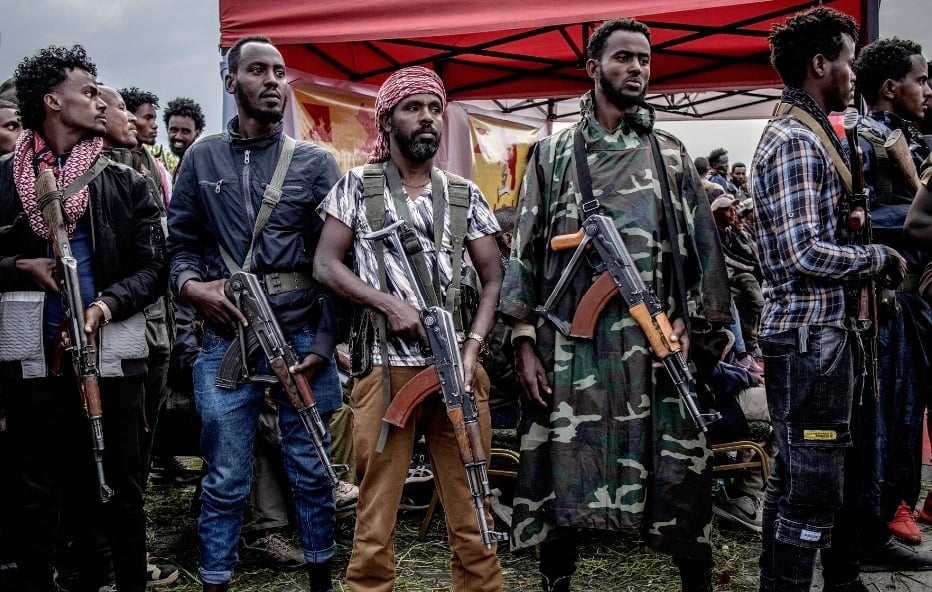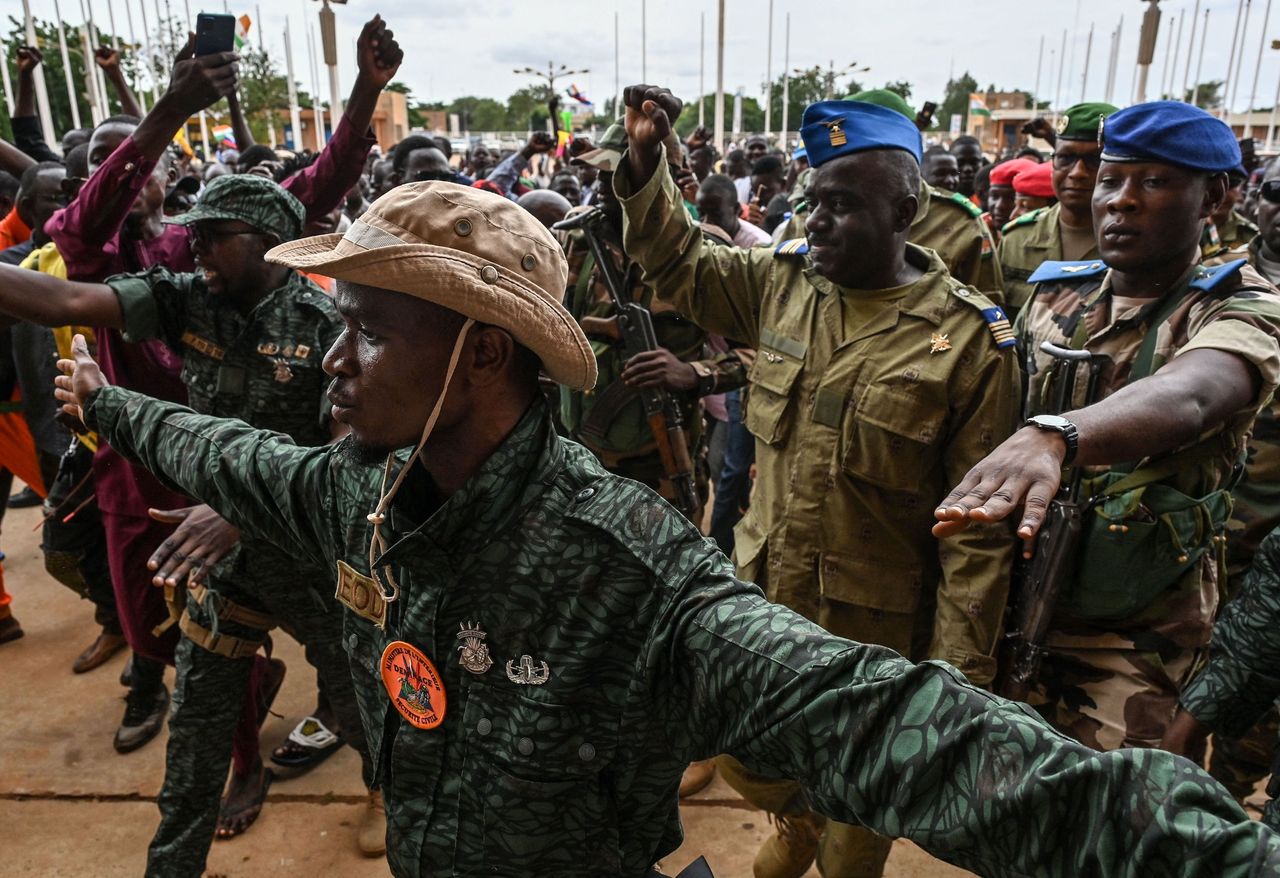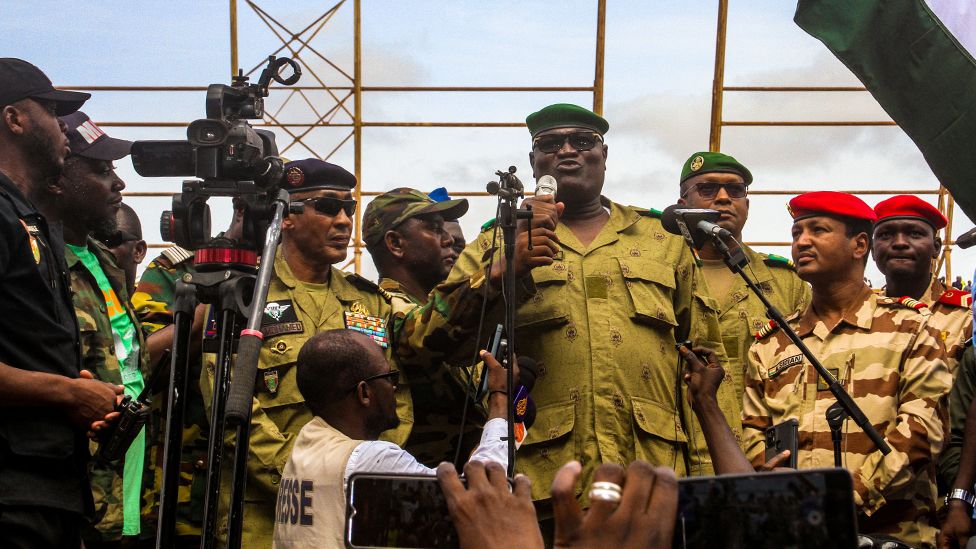Ethiopia accuses Amhara militia of seeking to overthrow government
A senior Ethiopian official accused militiamen in the Amhara region of seeking to overthrow the regional and federal governments following days of fighting that led the authorities to declare a state…




